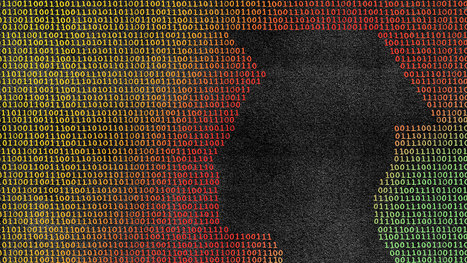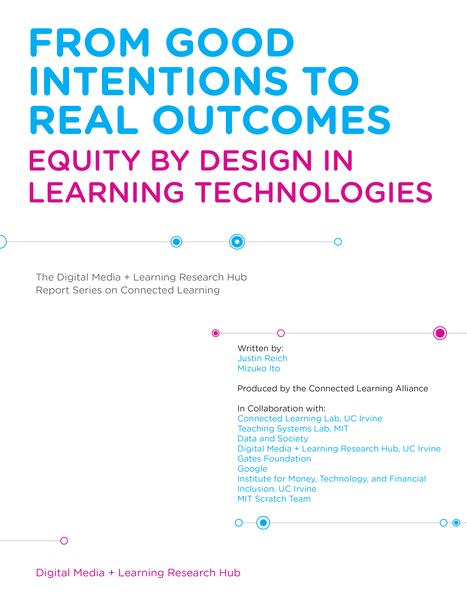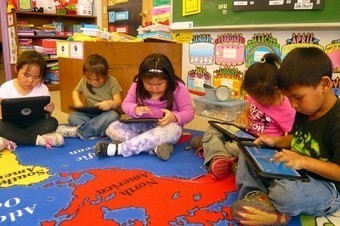The COVID-19 pandemic reminds us that in times of turmoil, decisions made for the greater good can have collateral impacts. It’s becoming evident that efforts to contain the virus and limit social distancing are increasing precarity for some people, especially those already in socio-economically disadvantaged positions. Universities are not immune to these collateral impacts, and last week’s decision by most Canadian universities to finish the current term by moving pedagogical components online is one of those times when a small segment of students will be neglected in a move meant to benefit all of them.
The decision is a show of resilience and solidarity by our higher education institutions. But the problem is the digital divide among students. Even in our great cosmopolitan country, not everyone has equal access to the web and all its resources. This digital divide was on the radar a few years ago, with a push to bring broadband to remote constituencies. But less attention has been devoted to the divide in urban settings, and especially within the hubs of knowledge that are universities.



 Your new post is loading...
Your new post is loading...















Worth reading.